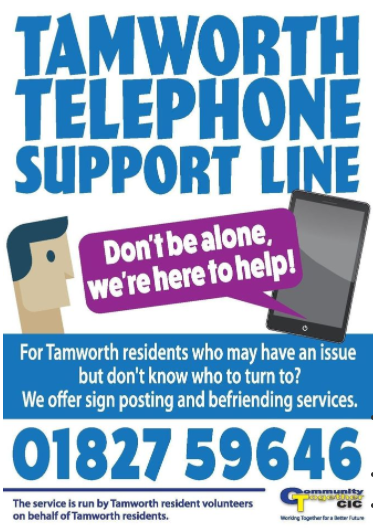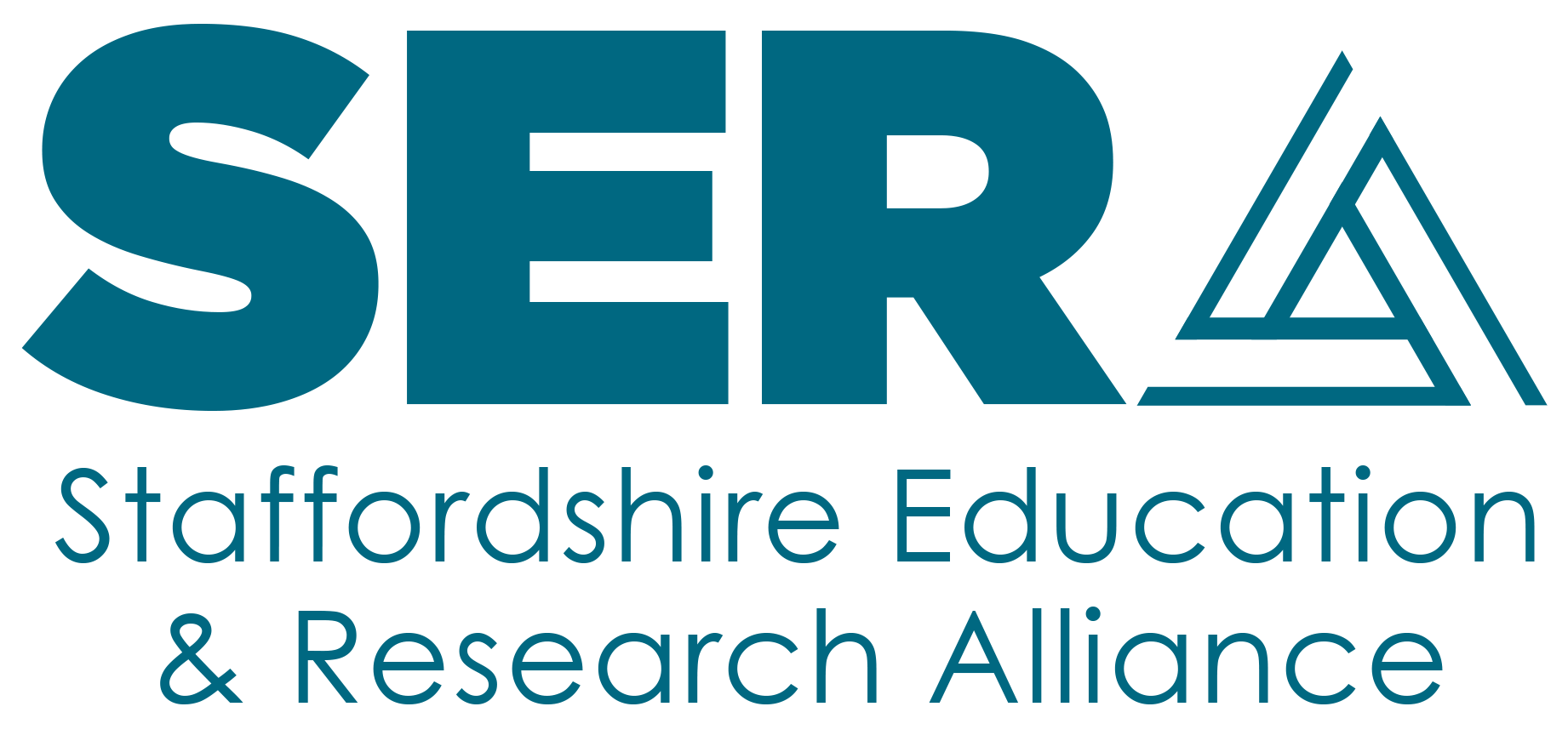Safeguarding and Well being
What is safeguarding?
Safeguarding is the action that is taken to promote the welfare of children and protect them from harm. Safeguarding means protecting children from abuse and maltreatment … taking action to enable all children and young people to have the best outcomes. (NSPCC).
At Two Rivers Primary School the safeguarding of our children is the highest priority. We recognise that keeping our children safe and healthy is everyone’s responsibility.
All staff receive regular safeguarding training.
Safeguarding support is provided by everyone at Two Rivers Primary School with a dedicated safeguarding team committed to ensuring that all concerns are followed up and support provided to our children and families.



Richard Bryan Marie Povey Laura Slinn
Designated Safeguearding Lead Deputy Designated Safeguarding Lead


Simone Parry Amy Newman
Designated Safeguarding Lead Deputy Designated Safeguarding Lead
EYFS & Tamworth Nursery EYFS & Tamworth Nursery
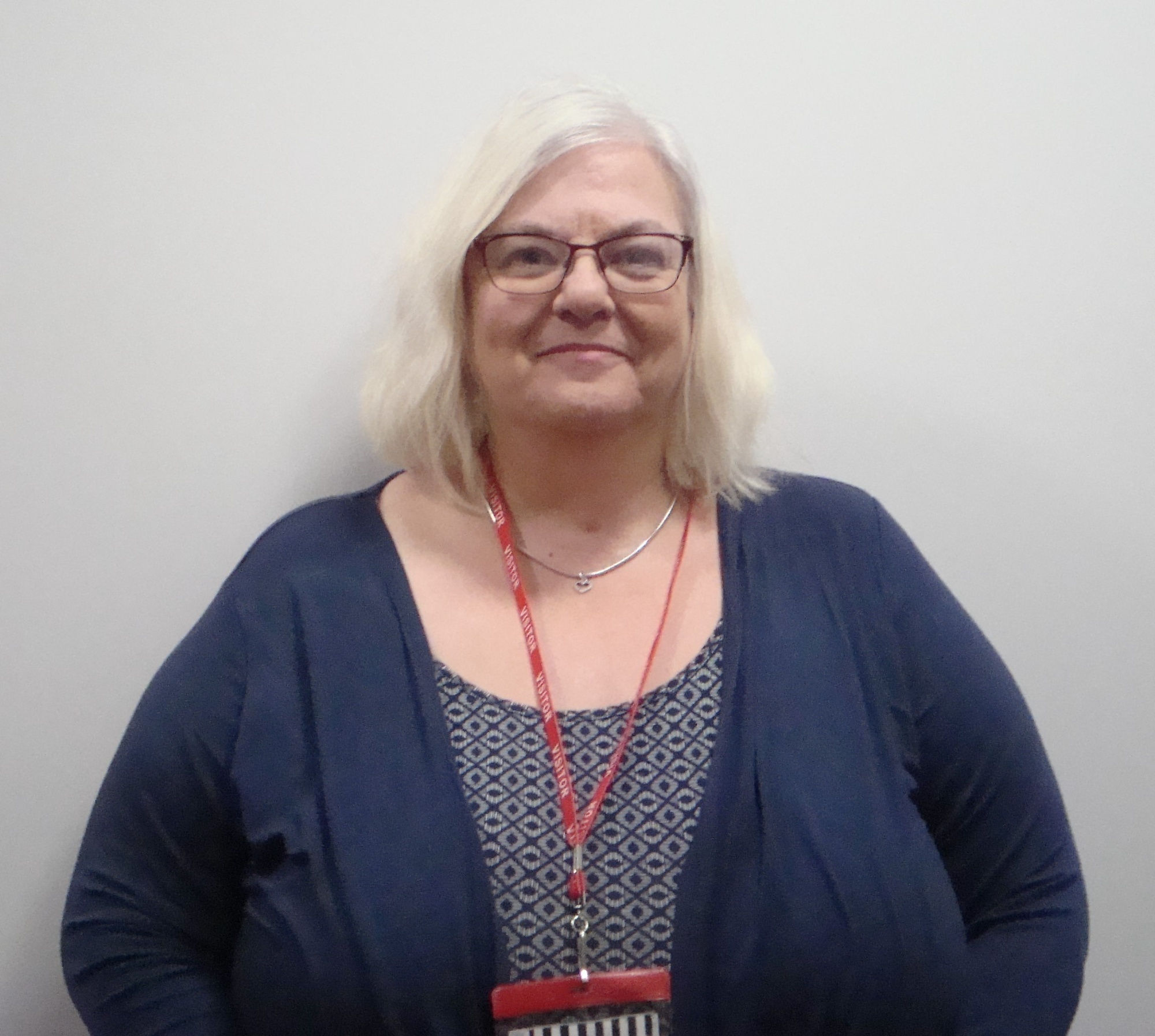

Sharon Barnes Sue Forest
Safeguarding Governor Family Liaison
We are determined to support our children and families wherever possible so please if you have any concerns for the safeguarding of any of our children including your own please make contact with Richard and Sue in the first instance or contact the school office directly.
If you have immediate safeguarding concerns for any child, please don’t wait or think someone else will act. Contact Staffordshire Childrens Advice and Support Service on 0300 111 8007 or e-mail www.Staffordshire.gov.uk/reportconcern or call the police on 999 or for police non emergencies call 101.
Pastoral Support
Our safeguarding team are available to you for information, support and guidance.
We aim to identify any issues of concern at the earliest opportunity to remove any barriers to learning which may be preventing our children from reaching their potential. Working alongside all staff we aim to build positive relationships with our children and families so that we can respond as quickly as possible to any issues and ensure difficulties are discussed and resolved.
We work with many other agencies and organisations, so please get in touch and let us help.
This page includes a list of useful safeguarding websites, please take the time to have a look as this may also be a useful source of information and guidance.
Thank you
USEFUL LINKS
Staffordshire Safeguarding Board
The Pants Rule – Advice on keeping children safe from sexual abuse
Internet Matters - Keeping children safe on line
Minecraft – Staying safe on Minecraft
The Internet Watch Foundation – removing child sexual abuse imagery on line
UK Safer Internet Centre – Parental controls offered by home internet providers.
Well being
Two Rivers achieved the Well Being Award for Special Schools in March 2021
The well being award is developed in partnership with the National Children’s bureau.
Following nearly two years of work on creating a positive school culture which is at the centre of the award and underpins our beliefs and values. We are really pleased to report that the school has achieved the Wellbeing Award for schools. It is a recognition of the importance we place on the wellbeing of all at Two Rivers school. We continue to draw on the key features of this framework to support the children, families, and staff through our return to full curriculum and full school life.
Sue Forest is our parent support worker. Sue can offer support directly or is able to sign post parents to the correct services. Sue has a wealth of knowledge and contacts, and her advice is invaluable in helping parents with their child’s health, social and educational needs.
Annual Well-being champions have been selected, to build a network of sustainable support across school.
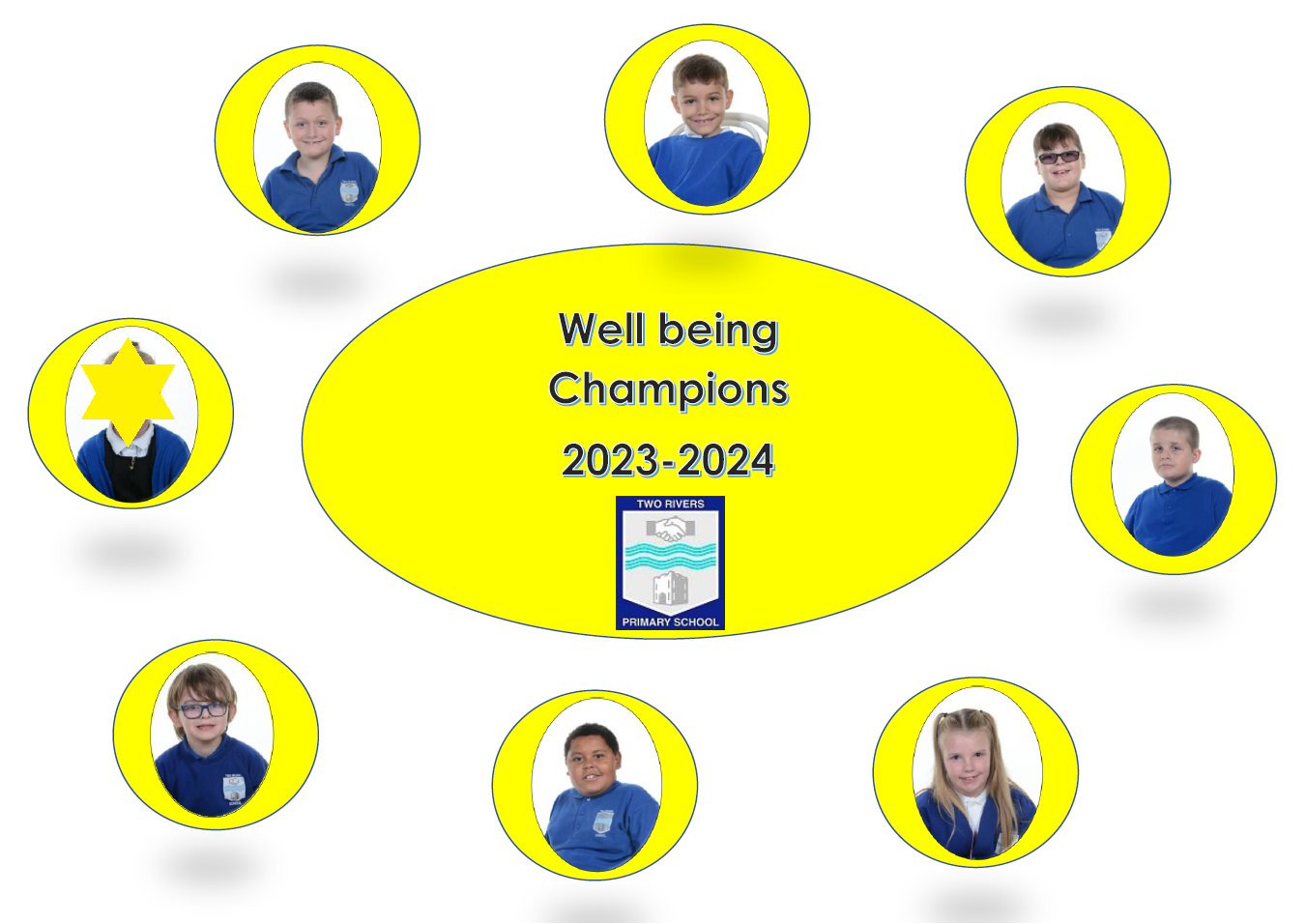
Emotional coaching is an integral part of planning support for pupils (IBSP’s)– identified as seen, safe, secure, and soothed.
Forest schools is being re-established with a new co-ordinator (following staff changes)
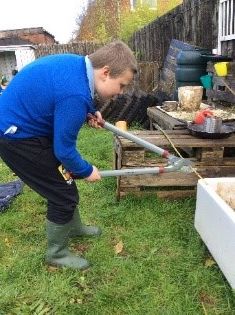
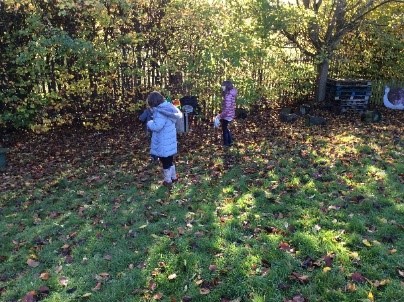
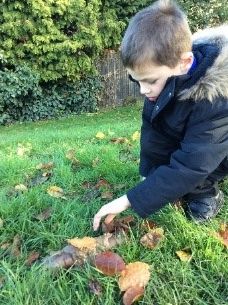
A designated therapeutic space is now available. It has been named “The Nest” Pupils will be referred for specific therapies.
This is led by Collette Harding the therapeutic lead in school and part of the SMT. It will be available for children requiring one to one support as an environment to support social and emotional development.
A Teaching Assistant has been trained as an Emotional Literacy Support Assistant. She will work with identified pupils on a therapeutic Curriculum.

 Viki
Viki
Two Rivers recognises the importance of the therapeutic curriculum and interventions. We are committed to providing support for pupils, parents and staff across the school promoting a ‘wellbeing culture’ throughout school.
At school we really focus on The Five Ways to Wellbeing, that the NHS has shared with us. If you feel like you need support with your wellbeing please do contact school, or your GP and take a little look at the information below:
Five ways to wellbeing
Connect
There is strong evidence that indicates that feeling close to, and valued by, other people is a fundamental human need and one that contributes to functioning well in the world.
It’s clear that social relationships are critical for promoting wellbeing and for acting as a buffer against mental ill health for people of all ages.
With this in mind, try to do something different today and make a connection.
- Talk to someone instead of sending an email
- Speak to someone new
- Ask how someone’s weekend was and really listen when they tell you
- Put five minutes aside to find out how someone really is
- Give a colleague a lift to work or share the journey home with them.
Be active
Regular physical activity is associated with lower rates of depression and anxiety across all age groups.
Exercise is essential for slowing age-related cognitive decline and for promoting well-being.
But it doesn’t need to be particularly intense for you to feel good - slower-paced activities, such as walking, can have the benefit of encouraging social interactions as well providing some level of exercise.
Today, why not get physical? Here are a few ideas:
- Take the stairs not the lift
- Go for a walk at lunchtime
- Walk into work - perhaps with a colleague – so you can ‘connect’ as well
- Get off the bus one stop earlier than usual and walk the final part of your journey to work
- Organise a work sporting activity
- Have a kick-about in a local park
- Do some ‘easy exercise’, like stretching, before you leave for work in the morning
- Walk to someone’s desk instead of calling or emailing.
Take notice
Reminding yourself to ‘take notice’ can strengthen and broaden awareness.
Studies have shown that being aware of what is taking place in the present directly enhances your well-being and savouring ‘the moment’ can help to reaffirm your life priorities.
Heightened awareness also enhances your self-understanding and allows you to make positive choices based on your own values and motivations.
Take some time to enjoy the moment and the environment around you. Here are a few ideas:
- Get a plant for your workspace
- Have a ‘clear the clutter’ day
- Take notice of how your colleagues are feeling or acting
- Take a different route on your journey to or from work
- Visit a new place for lunch.
Learn
Continued learning through life enhances self-esteem and encourages social interaction and a more active life.
Anecdotal evidence suggests that the opportunity to engage in work or educational activities particularly helps to lift older people out of depression.
The practice of setting goals, which is related to adult learning in particular, has been strongly associated with higher levels of wellbeing.
Why not learn something new today? Here are a few more ideas:
- Find out something about your colleagues
- Sign up for a class
- Read the news or a book
- Set up a book club
- Do a crossword or Sudoku
- Research something you’ve always wondered about
- Learn a new word.
Give
Participation in social and community life has attracted a lot of attention in the field of wellbeing research.
Individuals who report a greater interest in helping others are more likely to rate themselves as happy.
Research into actions for promoting happiness has shown that committing an act of kindness once a week over a six-week period is associated with an increase in wellbeing.
To find out more about different types of mental health topics and to get support please visit;
Worried about food
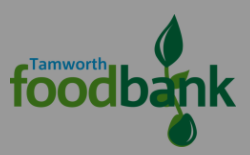
Visit online Tamworth Foodbank | Helping Local People in Crisis or go to your nearest foodbank
Manna House 258-264 Glascote Road
Glascote
Tamworth
Staffordshire
B77 2AY
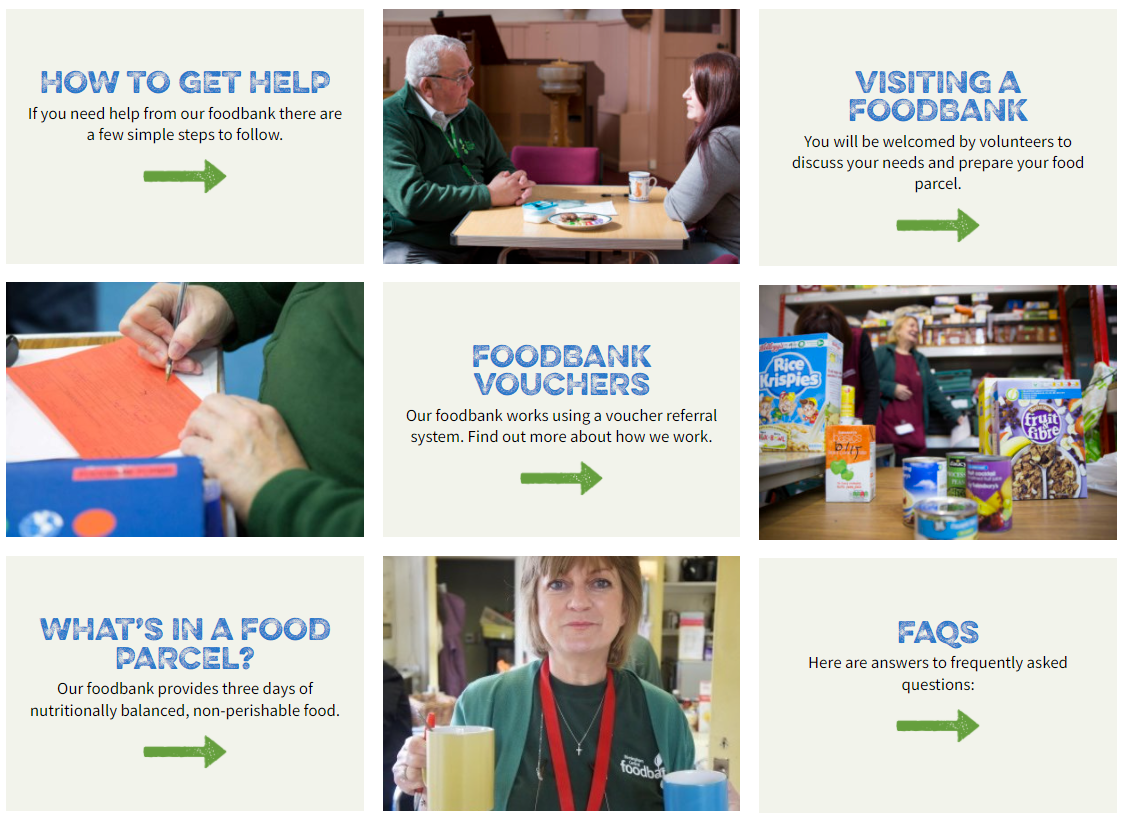
Tamworth Signposting support or befriending
